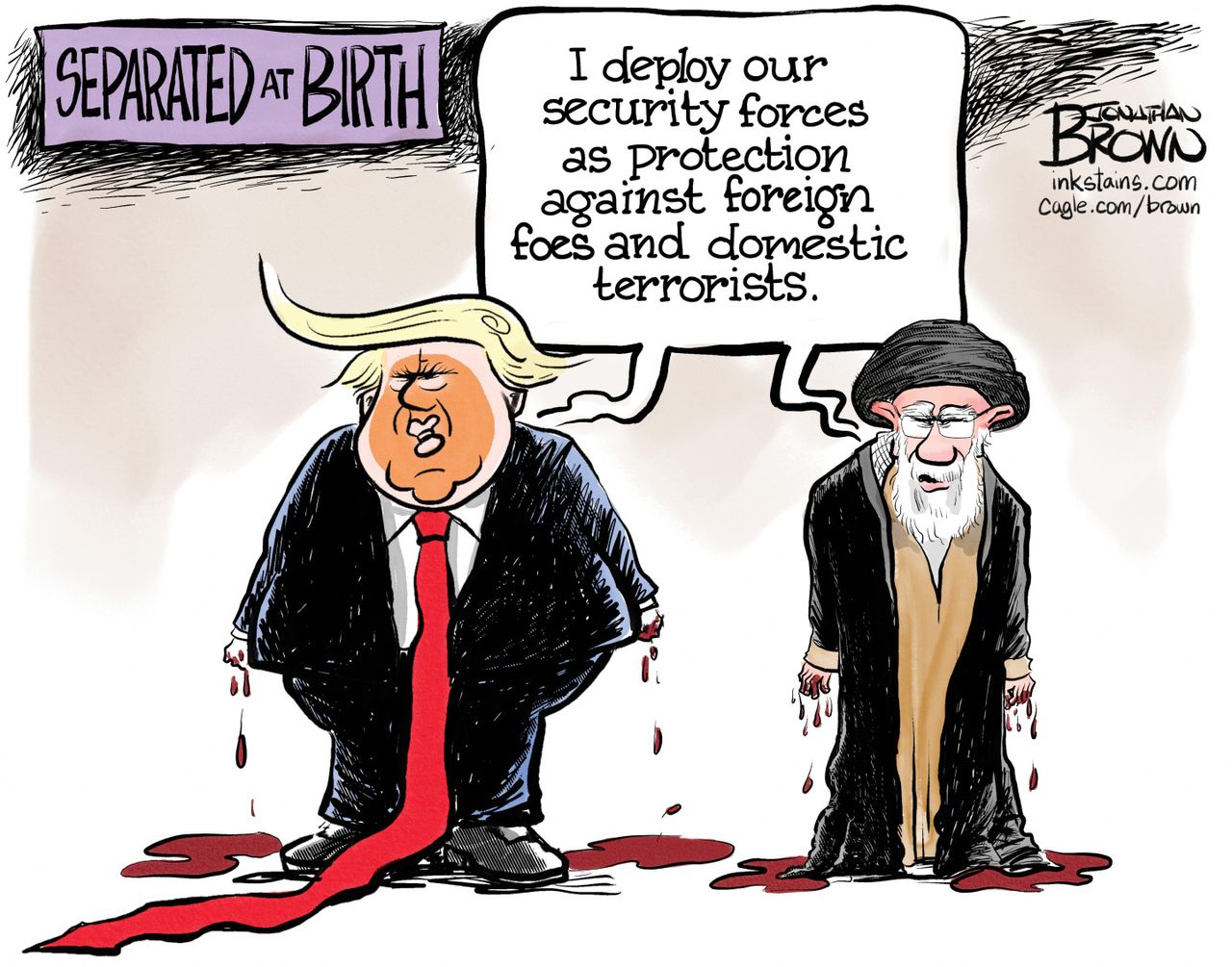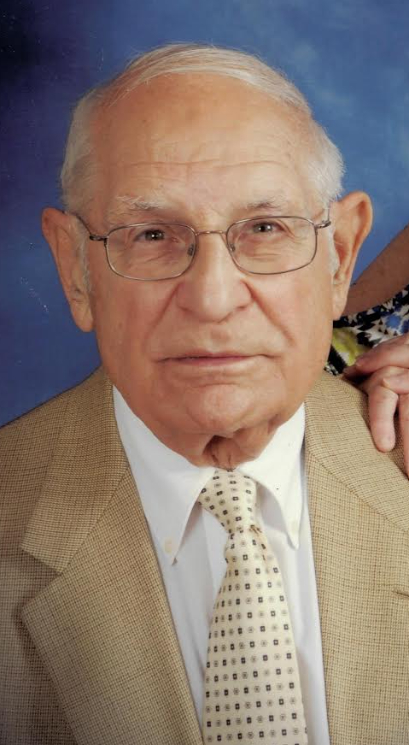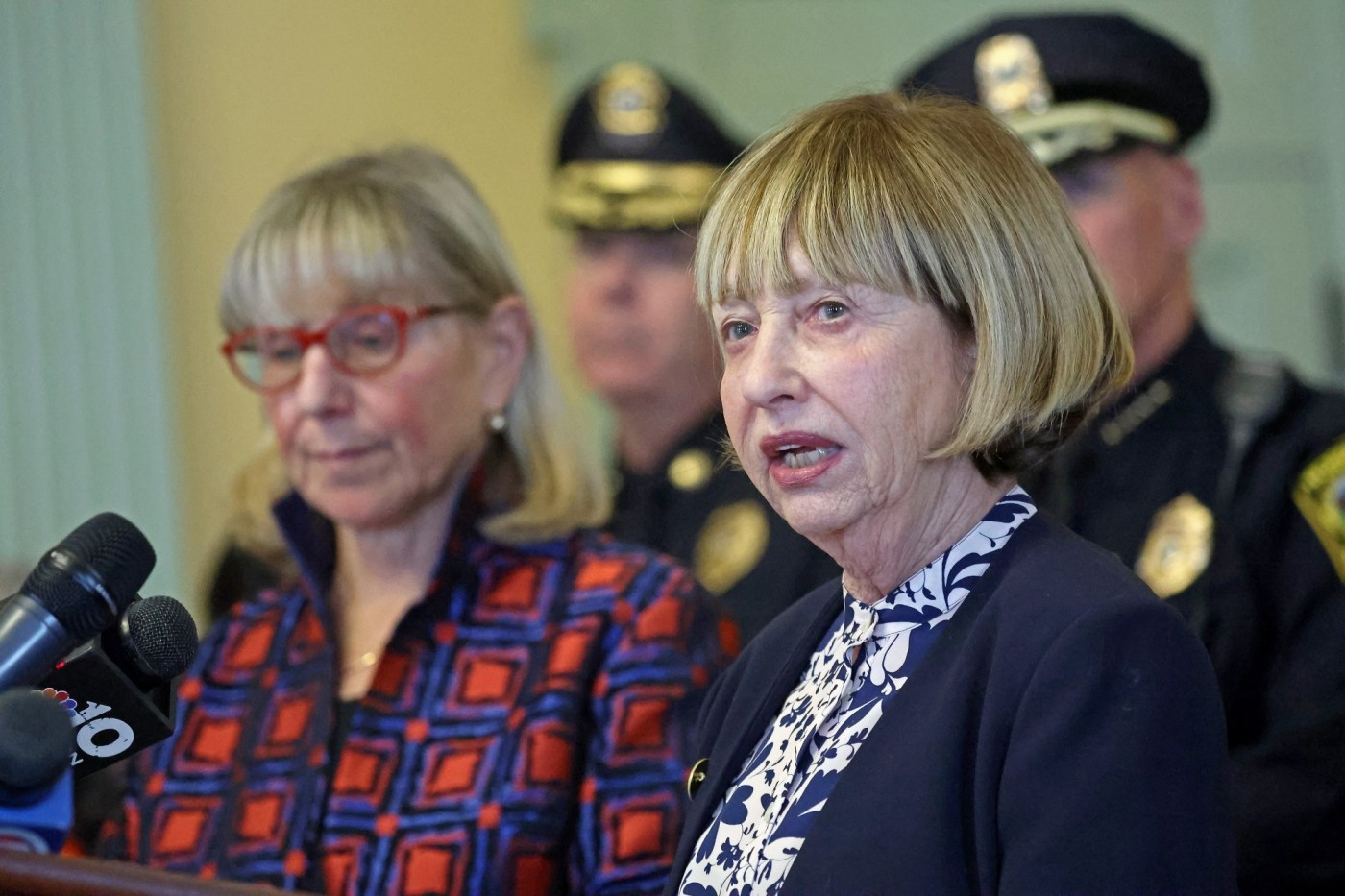
On August 8, 2023, a significant peace agreement was signed at the White House between Armenia, Azerbaijan, and the United States. This trilateral agreement aims to address longstanding tensions between Armenia and Azerbaijan, particularly over the contested region of Nagorno-Karabakh. As the news of the signing spread, it sparked a range of reactions, especially within the Armenian community.
During this pivotal moment, I had the opportunity to engage with a group of Armenian high school students from Los Angeles. As we gathered in a crowded room, we paused to watch the live news conference on a laptop. The expressions on their faces—curious, cautious, and skeptical—reflected a broader sentiment prevalent among the Armenian diaspora: a mix of hope and doubt, pride, and lingering mistrust.
The peace agreement is hailed by some as a necessary step towards stability in the South Caucasus. Yet, many in the Armenian community question whether this deal goes far enough to ensure lasting peace and security. The historical context of the conflict, marked by violence and territorial disputes, complicates the optimism surrounding the agreement.
Community Responses to the Agreement
The Armenian diaspora has a rich history and a strong sense of identity, shaped by past grievances and aspirations for justice. As these students expressed their thoughts on the peace deal, concerns emerged about the potential for a transactional relationship with Azerbaijan. Many articulated a desire for a more comprehensive approach that would address not only political concerns but also the humanitarian aspects of the conflict.
In discussions, it became clear that the students are wary of superficial agreements that lack genuine commitment to reconciliation. They emphasized the importance of dialogue that respects the dignity and rights of all involved parties. The desire for a peace that transcends mere transactions resonates deeply within the community, reflecting a longing for acknowledgment and healing.
As the peace agreement unfolds, the Armenian diaspora is watching closely. Community leaders and activists are calling for a more robust engagement from the United States and other international actors to ensure that the terms of the agreement are upheld and that the voices of Armenians are heard in the ongoing dialogue.
The Path Forward
Looking ahead, it is essential for the involved parties to prioritize transparency and trust-building measures. The Armenian community is seeking assurance that the peace deal will not only halt hostilities but also lead to meaningful engagement in addressing the historical grievances that have fueled the conflict.
The students I spoke with are part of a generation that is deeply invested in the future of their homeland. They are eager for a resolution that promotes peace, justice, and a sustainable future for both Armenians and Azerbaijanis. The ongoing discussions and potential changes to the agreement will be scrutinized, as the Armenian diaspora hopes for a solution that truly represents their aspirations.
As the world watches this evolving situation, the need for a thoughtful and inclusive approach to peace negotiations becomes increasingly clear. The voices and concerns of the Armenian community must be integral to any future discussions to ensure that they receive more than just a transactional peace deal with Azerbaijan.






